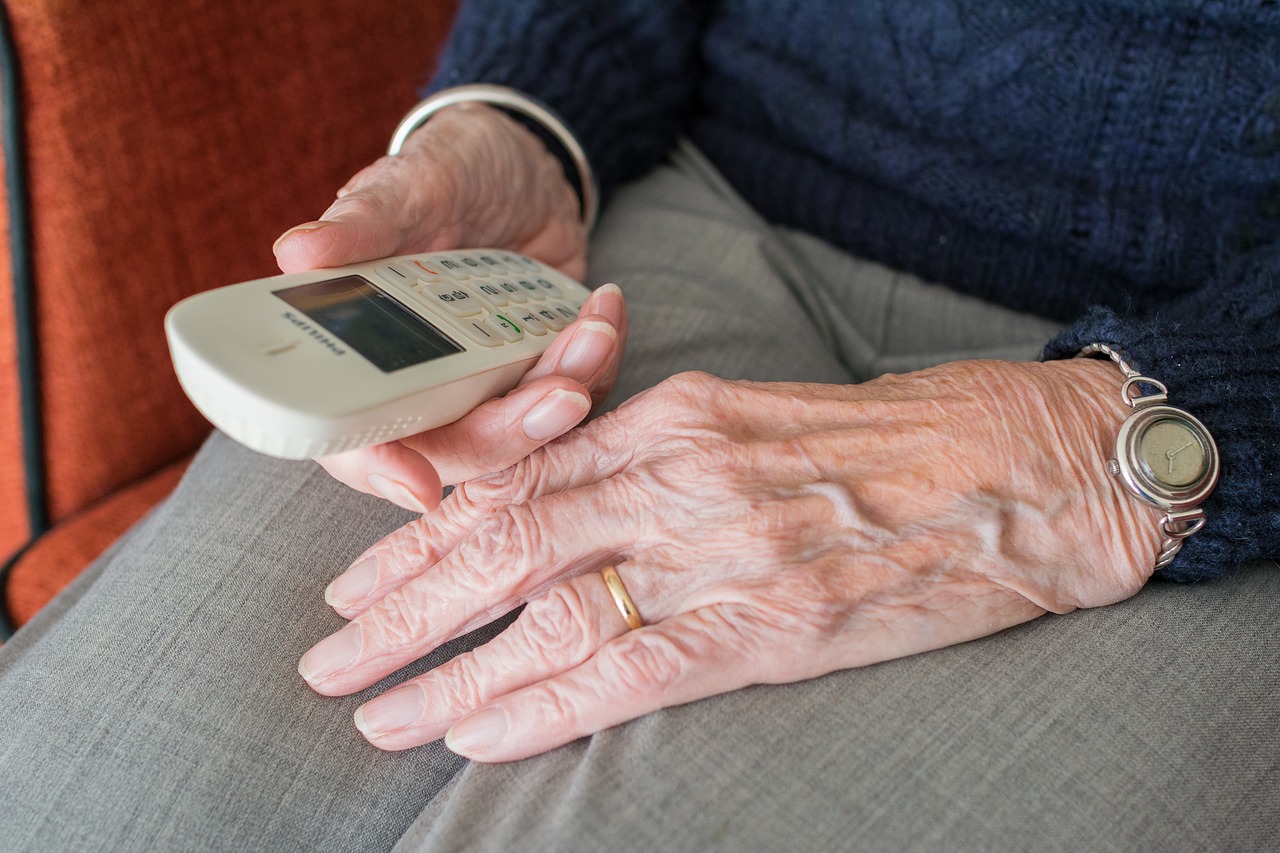Con artists are constantly coming up with schemes that take advantage of the elderly. Cybercrimes against older adults have increased five times since 2014, costing more than $650 million in losses per year, according to FBI and Federal Trade Commission (FTC) statistics compiled for a recent study conducted by the Aspen Institute’s Tech Policy Hub.
Unfortunately, the health and economic crisis of 2020 has not slowed down these scammers. Those hoping to make an illegal buck are coming out of the woodwork, using false promises of hope or fear tactics to gain access to banking or personal information. These attempts come in the form of robocalls, emails, text messages and fake social media posts.
These criminals believe they have all their bases covered, but there are ways to stop them. Here are some of the most common COVID-19-related senior scams and tips for helping you and your loved ones to avoid falling victim.
Vaccinations and Home Test Kits Scams
Shameless scammers are capitalizing on shortage scares and coronavirus health concerns to take your money and run. Since March, the FTC has reported that tele-thieves are pretending to sell safety items, such as facemasks, home testing kits and even toilet paper to lure people. Victims, including healthcare workers, have told the FTC that they paid online stores for these essentials only to be left hanging once they handed over the money.
Just ignore offers for vaccinations and home test kits. Most test kits being advertised have not been approved by the FDA, and most likely are not accurate.
Stimulus and Government Payment Assistance Scams
Don’t respond to texts, emails or calls about checks from the government. The Federal Communications Commission (FCC) is cautioning people not to give away their information. In these scams, thieves request bank account information so funds can be “released” or loan applications can be approved. Most people who are eligible for stimulus checks don’t have to do anything to get their money because the IRS will use the same payment method—direct deposit, Direct Express debit card or paper check—used to send your tax refund, Social Security, retirement or other government benefits money, according to the FTC.
Impersonation Scams
Scammers claiming to be someone they are not is nothing new, but in the era of COVID the schemes have taken on a different form. People posing as Social Security Administration officials have contacted elderly recipients informing them that their benefits will stop or decrease due to the pandemic unless they provide personal information or some sort of payment method. There are also insurance scams that are offering bogus low-cost health and life insurance plans to seniors.
Spot a Scam
According to the FTC, here are a few prevention methods to protect you and your loved ones from scammers.
- Don’t be rushed. Whatever the call, email, text or social media post is about, remember that scammers try to rush you. Trustworthy people don’t.
- Check it out. Before you act on something or share it—stop. Do some research. Do the facts back up the story?
- Pass it on. If you get offered something great, or you’re worried about something alarming, then talk to someone you trust before you act.
- Pay by credit card. You’ll get protections under federal law, so you don’t have to pay for merchandise you ordered but didn’t get. If a business charged your account too soon, and didn’t deliver the merchandise on time, you can dispute the billing error and report it to your credit card company.
- Keep in touch with the FTC. Sign up for Consumer Alerts to help spot scams: ftc.gov/subscribe. And watch for the latest at ftc.gov/coronavirus.
- Report scams to the FTC. Go to ftc.gov/complaint. Your report can help the organization shut the scammers down.








